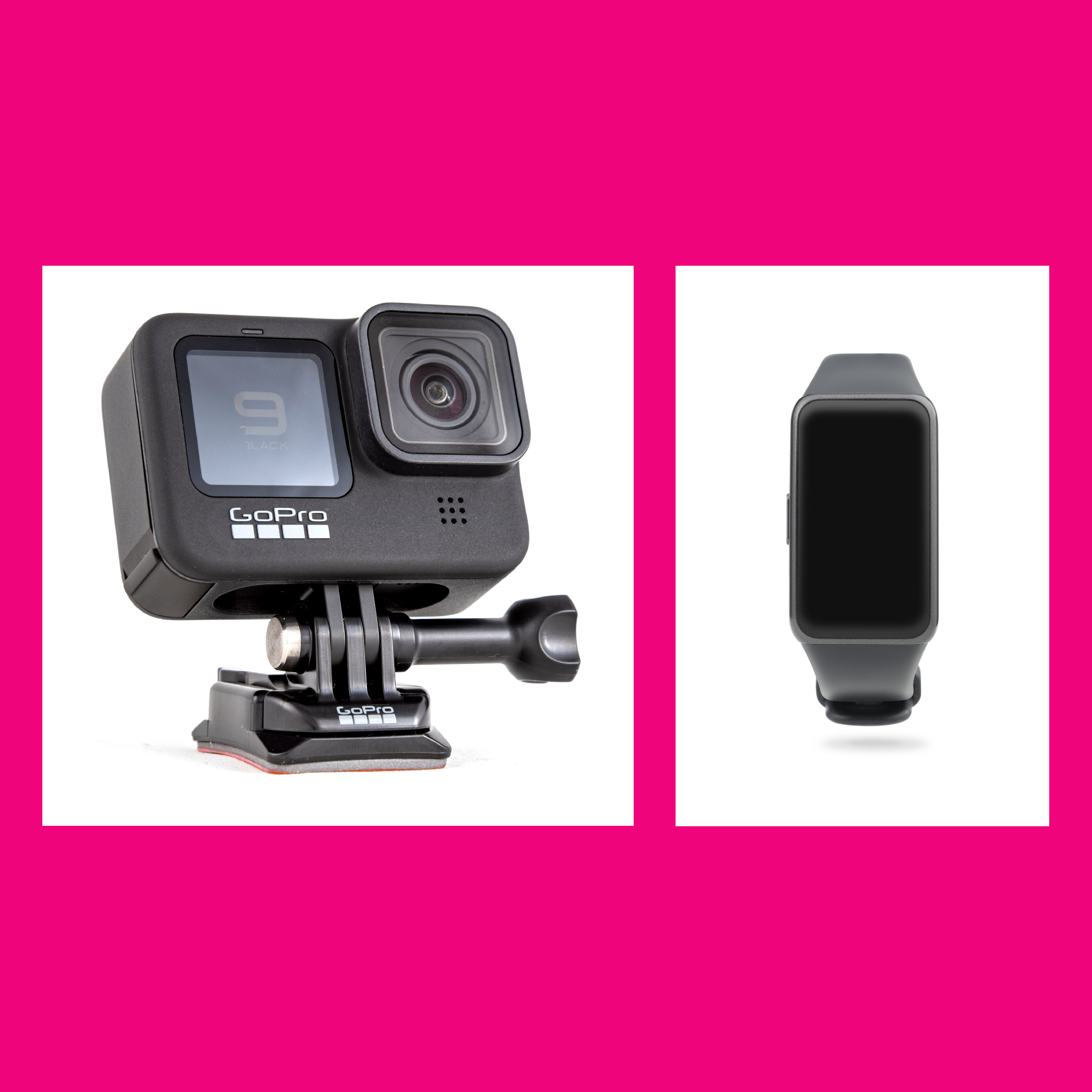
Today, the technology industry is caught in a landslide of hype about “unicorns” — the term adopted by many to describe the rare class of startup that soars in value to $1 billion or more. And just like their namesake, many tech unicorns will turn out to be fantasies.
A unicorn is a fantastical creature that lives in children’s books and cartoons. And as kids grow up, they learn that, just like Santa Claus, the Easter Bunny and the Tooth Fairy, unicorns, are not real. Monarchs, on the other hand, are very real. And thousands of them have built and ruled over large empires for most of history.
A startup with a billion-dollar (or more) valuation that is not Category King of a clearly defined market is a scary proposition. Category Kings are the companies that shape our lives and businesses while reaping much of the rewards for doing so. They invent amazing new products and services, while at the same time dominating a big new market.
Think Amazon.com, Salesforce.com, Facebook and Google. Or newer companies like Uber, GoPro and Workday. They are Category Kings because they are the companies that are largely responsible for designing a new market and slaying most of the competition along the way.
Some unicorns are also Category Kings, but many are not. And that’s where it gets scary. Case in point is the newly public Fitbit. The company just completed a massive initial public offering and now has a market capitalization of about $6 billion. Some have criticized the fact that the company has revenues of around $745 million and therefore it doesn’t “deserve” its market cap. We don’t think that’s a problem. The problem is that Fitbit is not a real Category King. Facebook, Workday and GoPro waited until they were entrenched Category Kings to go public.
Fitbit operates in the emerging space for fitness trackers. And they are the leader, but (and it’s a big but) they face massive competition from companies in adjacent spaces like Garmin, Jawbone, Samsung, Xiaom and, of course, Apple. Even scarier, Fitbit has not answered the seminal question:
“Are we in a standalone category or a feature of a bigger category?”
It could turn out that Apple subsumes fitness tracker capabilities into the smartwatch or smartphone in much the same way Microsoft crushed the word processing, spreadsheet and presentation software categories when they popularized Microsoft Office. Fionna Agomuoh makes the case in The International Business Times that it is already happening.
Now, Fitbit is off to a very impressive start. And the fact that they just raised more than $700 million gives them a treasure trove of gas to fuel their Category King ambition. But their future success is far from a lock. It could turn out that the whole category goes away. Tim Mullaney of MarketWatch throws Fitbit and its market under the bus. For Fitbit to win they must prove to customers that they solve a problem that encroaching smartwatch and smartphone players can’t. And right now, that’s looking like a tough argument to make.
GoPro is different. They have proven that “point of view cameras” are different from traditional camera and smartphone makers. Customers seem to believe them. As a result, GoPro has created a much more defendable kingdom than Fitbit. They enjoy typical Category King economics. Researcher IDC pegs GoPro’s U.S. market share at 72.5 percent, and they have a market cap of $8 billion.
Apple understands this “category first” strategy possibly better than any other company. When CEO Steve Jobs took the stage to unveil the iPad, he showed a picture of an iPhone and iMac while asking, “Is there room for a third category of device in the middle?” He went on to say there had to be a place in our lives for a device that is “so much more intimate than a laptop and so much more capable than a smartphone.” He was making the case that the iPad met a different need than the other devices.
With that, he showed the first iPad, declaring, “iPad creates and defines an entirely new category of devices that will connect users with their apps and content in a much more intimate, intuitive and fun way than ever before.” Turns out, he got the world to believe what he believed. Last quarter Apple gained $5.43 billion from iPad shipments alone.
To become a long-term success, startup companies not only have to pioneer and dominate new markets, they have to ensure that adjacent products from nearby categories don’t overtake them.
So, while the technology industry continues its obsession with unicorns, we believe the wise entrepreneurs, executives and investors will focus on building and investing in Category Kings that build new, strong, standalone markets.
Unicorns are the result of a financing outcome. Category Kings are the result of a market outcome. One has the dominating position in a new category that matters. The other made a compelling case to investors. And those two things are not the same.
